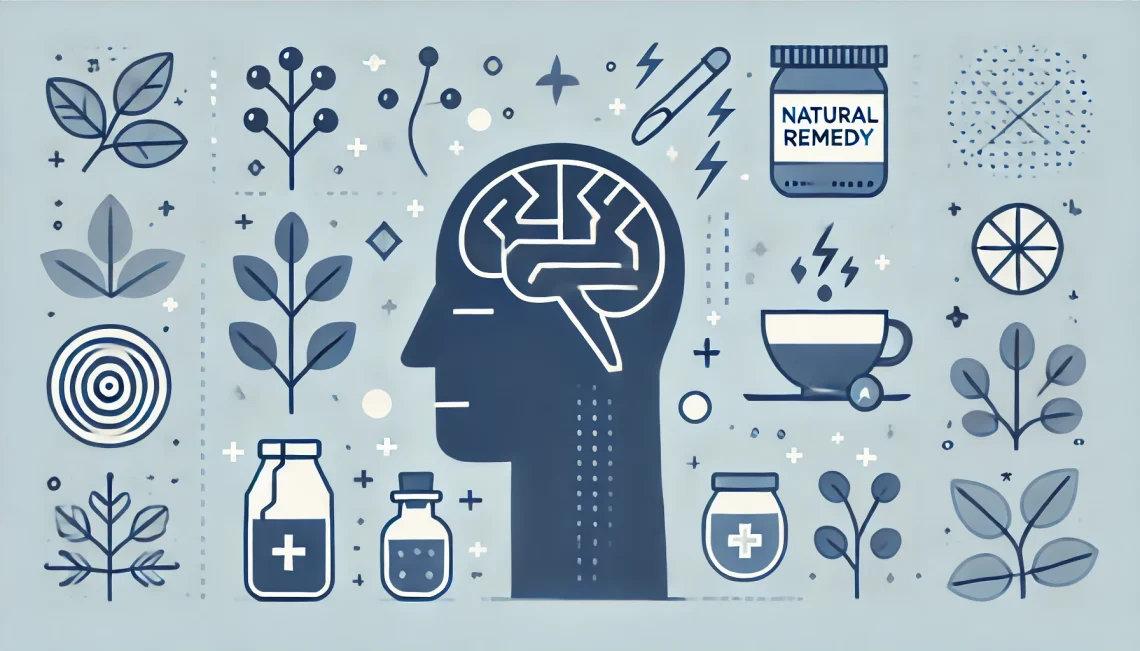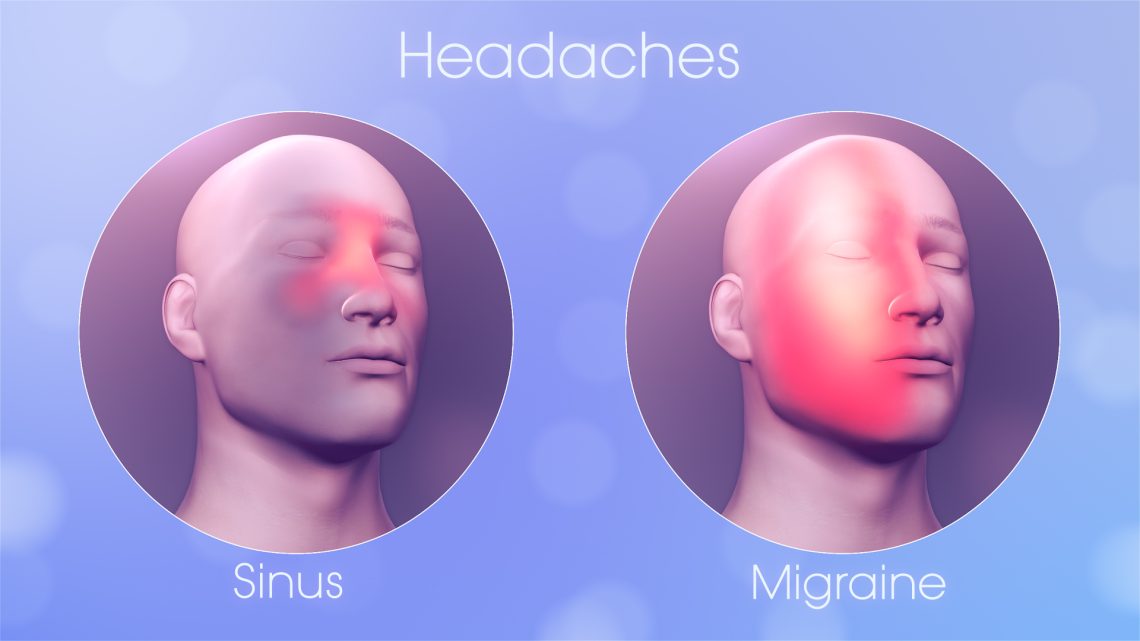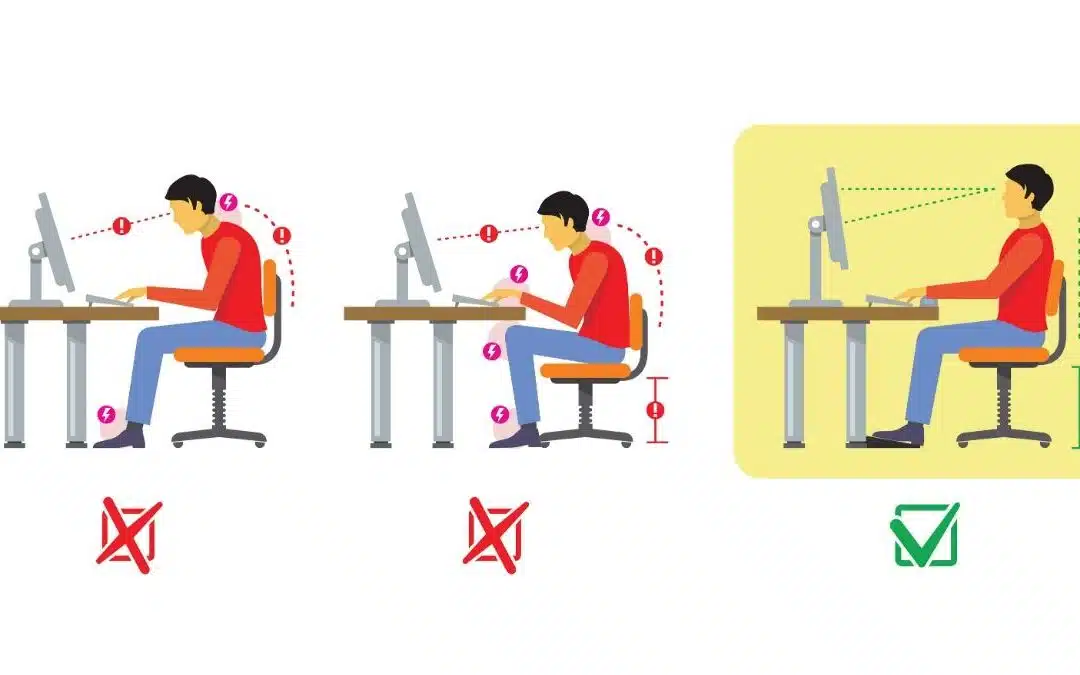Introduction Headaches are common, ranging from mild tension headaches to severe migraines. Most are benign and manageable with rest, hydration, or over-the-counter medications. However, some headaches signal a serious underlying medical condition that requires immediate medical attention. Recognizing the warning signs of an emergency headache can prevent complications and save lives. This guide outlines the types of headaches that should never be ignored, what symptoms to watch for, and what to do in urgent situations. Types of Emergency Headaches Certain headache patterns or accompanying symptoms indicate that urgent medical evaluation is necessary: 1. Thunderclap Headache 2. Headache With Neurological Symptoms…
-
-
Introduction For many people suffering from frequent headaches or migraines, over-the-counter pain relievers or prescription medications seem like a lifeline. However, frequent or excessive use of these medications can paradoxically lead to Medication Overuse Headaches (MOH) — a condition where the very drugs used to relieve pain end up causing more headaches. MOH is sometimes called a “rebound headache” and is a common but often overlooked cause of chronic headaches. Understanding the causes, recognizing the warning signs, and knowing how to break the cycle are essential steps toward regaining control and reducing headache frequency. What Are Medication Overuse Headaches? Medication…
-
Introduction Caffeine is one of the most widely consumed stimulants in the world, found in coffee, tea, energy drinks, and certain medications. It has a complex relationship with headaches: for some, it provides relief, while for others, it may trigger or worsen headaches. Understanding how caffeine affects the nervous system and blood vessels can help individuals use it wisely — either as a tool for relief or to avoid headache triggers. This article explores the dual role of caffeine, its mechanisms, benefits, risks, and practical tips for managing headaches effectively. How Caffeine Affects the Head Caffeine impacts headaches primarily through…
-
Introduction Headaches are one of the most common ailments, ranging from mild tension headaches to severe migraines. While medications are often effective, many people seek natural remedies to relieve pain, reduce frequency, and minimize side effects. Among the most researched natural options are peppermint oil, magnesium supplementation, and adequate hydration. These remedies are accessible, generally safe, and can be combined with lifestyle changes for better headache management. Understanding how they work and how to use them effectively can help reduce headache intensity and improve overall quality of life. 1. Peppermint Oil for Headache Relief How It Works Peppermint oil contains…
-
Introduction Headaches are one of the most common health complaints, affecting millions worldwide. From mild tension headaches to debilitating migraines, identifying the underlying triggers can make a world of difference in managing pain and preventing future episodes. A headache diary is a simple yet powerful tool that helps you track when, how, and why your headaches occur. By recording daily details such as timing, symptoms, food intake, and stress levels, you and your healthcare provider can uncover patterns that lead to better diagnosis, treatment, and prevention strategies. Whether you experience occasional headaches or chronic migraines, keeping a headache diary is…
-
Introduction Headaches are a common ailment that many people experience, but not all headaches are created equal. Two types of headaches that are often confused are sinus headaches and migraines. Both can cause significant discomfort and disrupt daily activities, but they have distinct causes, symptoms, and treatments. Understanding the differences between a sinus headache and a migraine is crucial for seeking the most appropriate treatment and finding relief. In this article, we’ll explore the key differences between these two types of headaches, their causes, symptoms, triggers, and how to properly diagnose and manage them. What is a Sinus Headache? A…
-
Introduction Tension headaches are among the most common types of headaches, affecting millions of people around the world. These headaches can range from mild to severe and can be debilitating, impacting daily activities and overall quality of life. Often described as a dull, aching pain, tension headaches are usually associated with tightness around the forehead, temples, or the back of the head and neck. While the exact cause of tension headaches is not always clear, they are often triggered by stress, poor posture, and muscle tension. Thankfully, there are numerous ways to alleviate the pain and prevent the onset of…
-
Introduction Headaches are among the most common medical complaints, affecting millions of people worldwide. While many headaches are mild and short-lived, some can be intense, recurring, and disabling. Three of the most frequently confused types are tension headaches, migraines, and cluster headaches. Although they share the common symptom of head pain, their causes, patterns, and associated symptoms differ greatly. Correctly identifying which type you’re experiencing is essential for effective treatment and prevention. This guide explores how to tell them apart — based on location, pain quality, triggers, duration, and associated signs. Understanding the Three Main Types of Headaches Before comparing…
-
Introduction Lyme disease is a multi-systemic illness caused by the bacterium Borrelia burgdorferi and, in some cases, Borrelia mayonii. It is transmitted to humans through the bite of infected black-legged ticks (Ixodes scapularis) and western black-legged ticks (Ixodes pacificus). This disease is prevalent in various regions, particularly in the United States, Europe, and parts of Asia. Despite its recognition as a significant health issue, Lyme disease remains a challenge due to its varied symptoms, complex diagnosis, and evolving treatment approaches. Understanding Lyme disease, its causes, symptoms, diagnosis, risks, and treatment is essential for effective management and prevention. What is…
-
Introduction Blood transfusions are a cornerstone of modern medicine, providing essential support for patients undergoing surgery, trauma care, and treatment for various blood disorders. Despite their life-saving potential, transfusions can sometimes lead to adverse reactions. Among these, febrile non-hemolytic transfusion reactions (FNHTRs) are relatively common but generally mild compared to other transfusion-related complications. This blog discusses the specifics of FNHTRs, exploring their causes, symptoms, associated risks, and management strategies. What is a Febrile Non-Hemolytic Reaction? A Febrile Non-Hemolytic Transfusion Reaction (FNHTR) is a common complication of blood transfusion characterized by the development of fever and chills during or shortly…








